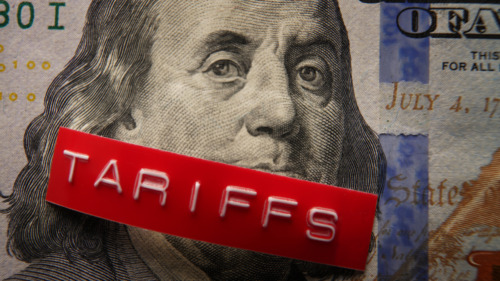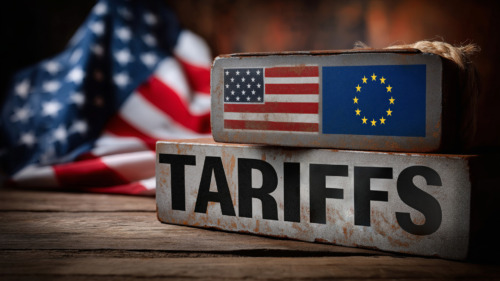Crypto Markets Rebounds as Trump Announces Middle East Ceasefire

- Cryptocurrency markets rallied following President Trump’s announcement on Truth Social that Iran and Israel had simultaneously approached him seeking a peace deal after 12 days of regional conflict.
- Major cryptocurrencies posted significant gains with Bitcoin rising 4% to US$104,967, Ethereum up 6.8% to US$2,395, XRP gaining 5.8%, and Solana climbing 7.6%.
- Despite the positive market response, analysts warn that US recession risks persist, citing the Conference Board’s Leading Economic Index falling for six consecutive months to nine-year lows.
- Oil prices declined following the ceasefire news, with the potential resolution of Middle East tensions easing broader market stress and supporting continued global growth prospects.
The crypto market is on an upswing, as US President Donald Trump announced that tension in the Middle East could soon calm down. Taking to his own Truth Social platform, the president said that there would be a ceasefire and that both Iran and Israel had approached him “almost simultaneously” to ask for a peace deal.
This comes after 12 days of war in the region, which looked like it would escalate as the US military bombed several sites in Iran to end the country’s nuclear weapons programme. Things initially took a turn for the worse as Iran retaliated against a US base in Qatar and threatened to close the Strait of Hormuz.
Related: Democrats Introduce COIN Bill to Curb Trump’s Crypto Racket
Crypto Markets Rally, Yet Some Analysts Urge Caution
However, if this peace deal is genuine, it brings great relief to markets. Bitcoin (BTC) gained almost 4 per cent, currently trading at US$104,967 (AU$161,800), while Ethereum (ETH) gained 6.8 per cent and trades for US$2,395 (AU$3,690).
XRP (XRP) gained 5.8 per cent, currently trading at US$2.13 (AU$3.28), while Solana (SOL) gained 7.6 per cent and trades at US$143 (AU$220).
However, analysts have warned that despite these positive signals, a recession in the US remains possible. According to The Kobeissi Letter, the Conference Board’s Leading Economic Index fell for a sixth straight month in May, sliding to its weakest reading since April 2020 – a level that has often signalled heightened recession risk.
The analysts wrote:
The LEI has declined in 37 out of the last 39 months, one of the worst streaks on record. […] Historically, such prolonged LEI declines have preceded every US recession since 1960.
 The Kobeissi Letter
The Kobeissi Letter Oil-Driven Market Relief
Still, since the announcement, oil prices have slipped lower, with the Strait of Hormuz seeing around 20 per cent of the global petroleum liquids consumption trade. Bloomberg reported that since the start of Israel’s attack, Iran has increased its oil shipments.
Michael Bailey at FBB Capital Partners told the publication that Iran’s immediate response “today seems manageable and perhaps a clearing event”.
He added that lower oil prices likely helped ease broader market tensions:
Lower oil prices are providing a release valve for stress that built up over the weekend, also allowing the bull case of steady global growth to continue.
 Michael Bailey, FBB Capital Partners
Michael Bailey, FBB Capital Partners Read more: Dark Markets Shift to Tudou After $27B Huione Shutdown, Elliptic Finds






